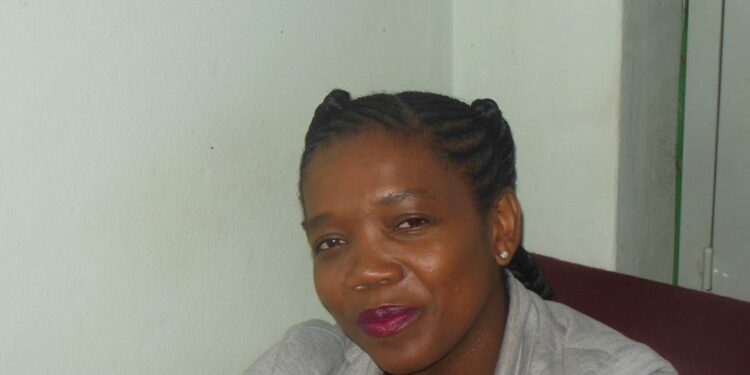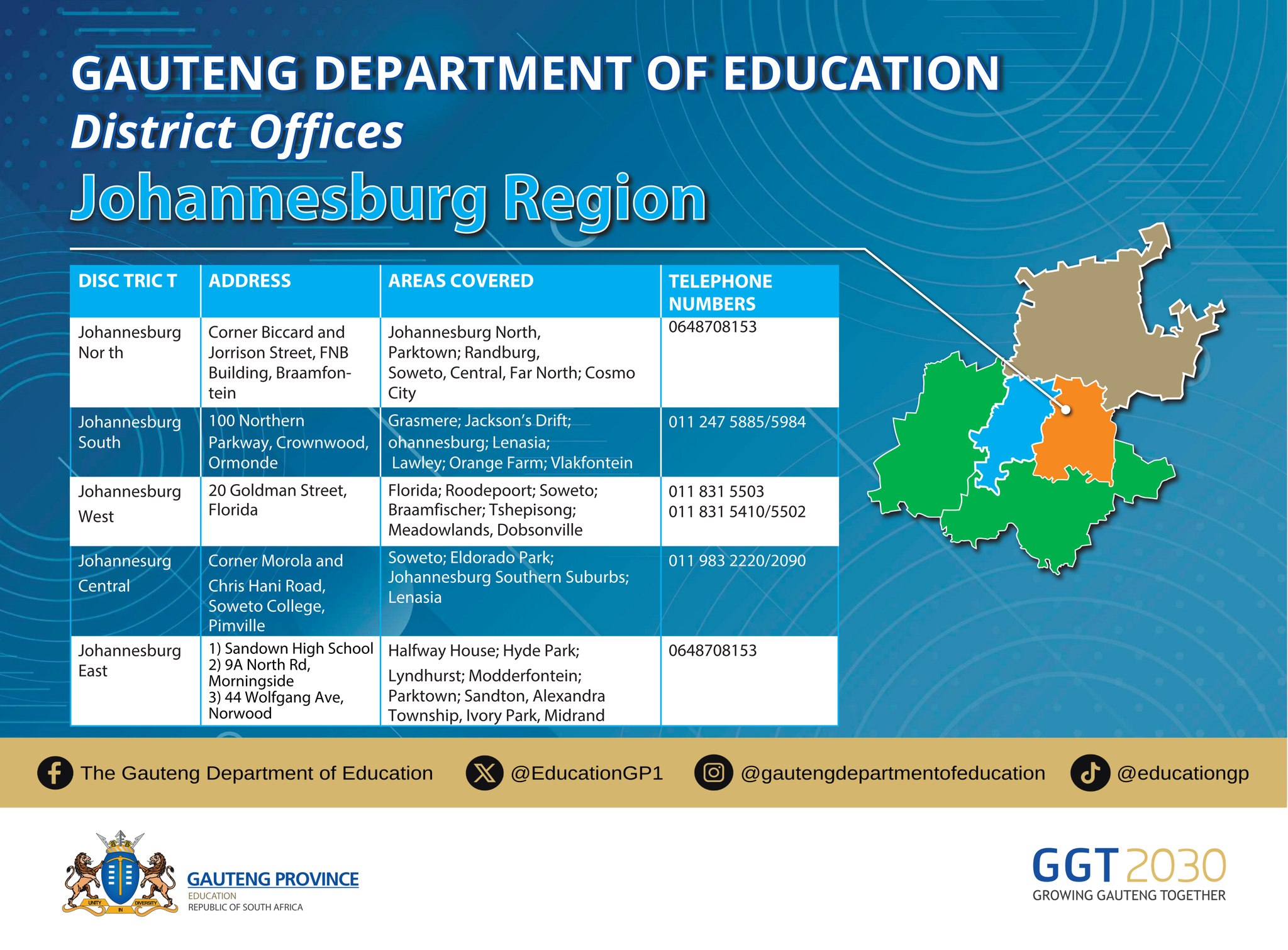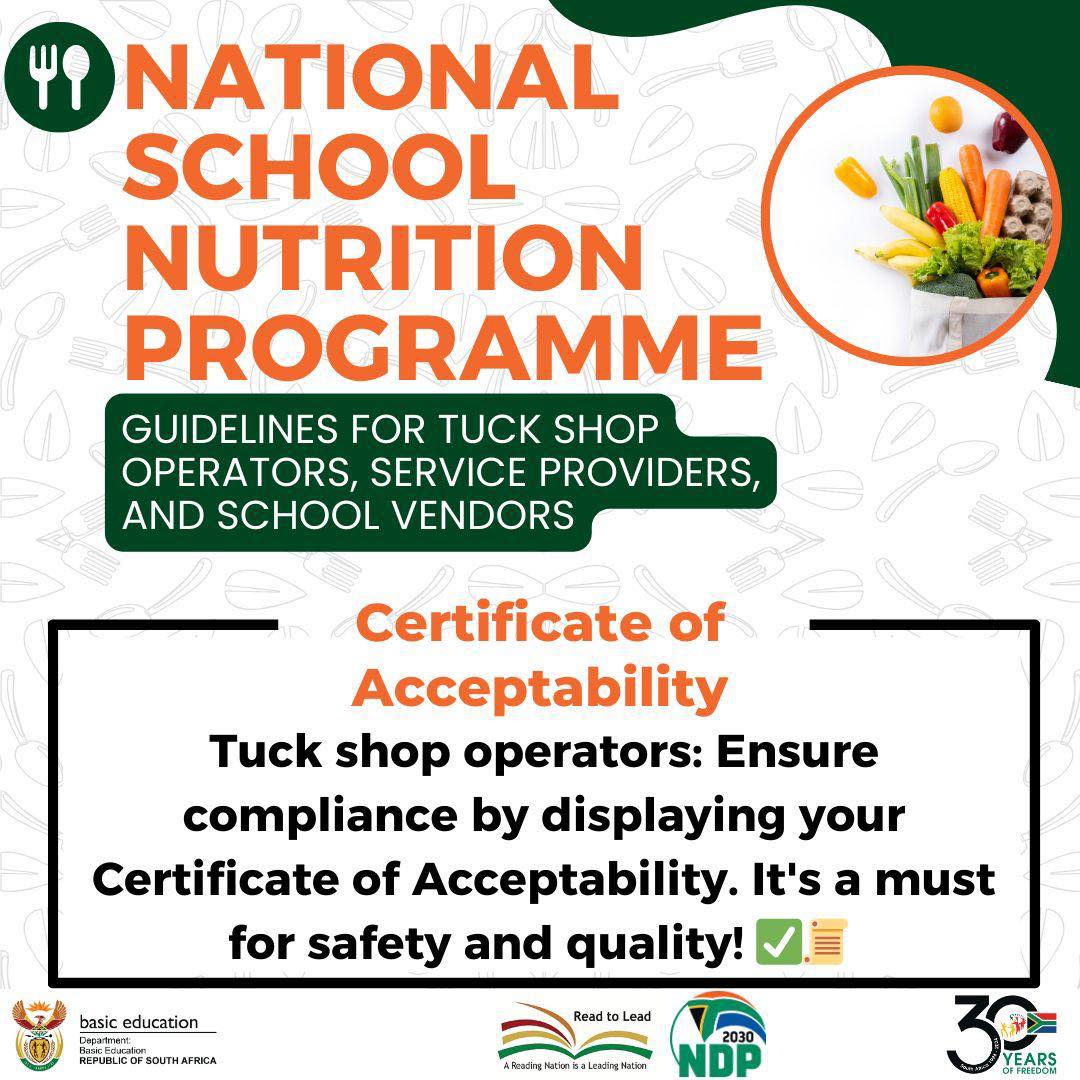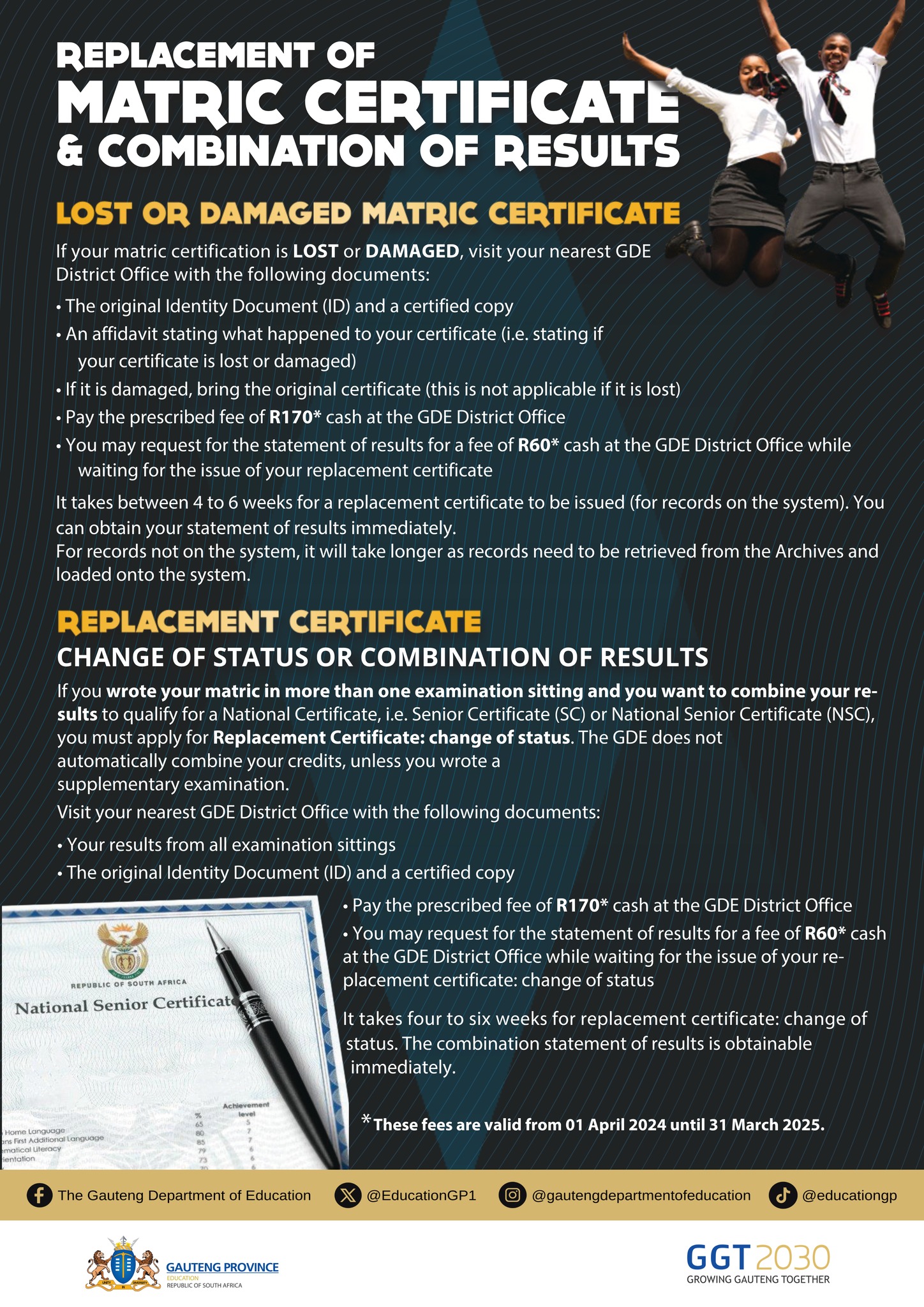By Bonelwa Mabovu
My journey as a Water Scientist started when I chose to do pure Mathematics and Physical Sciences in high school and made it my mission to get great results and be accepted to do a Bachelor of Sciences (Bsc.) Degree at University.
I enrolled for a BSc. (Chemical Sciences) degree majoring in Chemistry and Biochemistry. I went further to do my Post-graduate studies and obtained my Honours and Masters Degree in Chemistry. I later did a Post-graduate Diploma in Integrated Water Resources Management because it was now my career interest as my Masters degree focused on Water Chemistry and Waste Water Treatment.
I am currently working for the Department of Water and Sanitation (DWS) doing Environmental and Water Resource Management work, working mostly on Water Quality.
There are many career paths one can choose when they want to pursue Water Sciences. Requirements are Grade 12 with Mathematics and Physical Sciences and or Life Sciences and then obtain a Bachelor of Sciences or National Diploma in Natural Sciences (Environmental Water Science, Chemistry, Biochemistry, Microbiology, Biodiversity, Geology, Geohydrology, Hygrology and Environmental Management, Engineering etc.
The DWS also offers BURSARIES:
When to apply for the bursary?
Applications open in August or September annually. Application forms are available at the 14 South African Institutions of Higher Learning that have been listed on our website.
Who is eligible for the bursary?
All learners that have passed Grade 12 and have been accepted at the 14 South African Institutions of Higher Learning within water related qualifications.
How many points are needed to qualify for the bursary?
This is determined by the tertiary institutions and not the DWS.
Can you qualify for the bursary if you did not apply at any of the mentioned learning institutions?
Yes, you may consult the Director: Learning Academy (LA) of the DWS for further information. Visit the Contact Us page.
When will you know that your application is successful?
Successful applicants are notified by November. A bursary pack will be forwarded to successful applicants.
What are the conditions if awarded the bursary?
See Bursary Manual or Check the website.
How long does the Non-Technical Internship Programme take?
It depends on the programme and the intern may be employed between 12 and 24 months.
Is the Non-Technical Internship Programme available in the national and provincial offices of the DWS?
To minimise costs for the interns they will be employed at departments’ offices that are as close to their home town. This means interns will be employed at national as well as provincial or regional offices.
When do candidates join the LA?
There are two intakes annually for Graduate Trainees. The main intake is in February with a second intake in July for predominantly postgraduates from the respective Institutes of Higher Learning. Interns in the Engineering and Science disciplines join the LA in January annually.
What kind of experience will you get as a Graduate Trainee?
The Graduate Trainee is exposed to general and soft skill training programmes, orientation and induction into DWS. After completion, they follow their respective training programmes and are placed in various functional areas (base stations) within the DWS. Graduate Trainees are allocated a mentor within the line functions of the DWS for a period of between three to five years and receive on-the-job training. The experience and expertise gained during this time will assist with the professionalisation of scientists and engineers in the programme.
Bonelwa Mabovu responded whilst working at the Department of Water and Sanitation doing Environmental and Water Resource Management.










